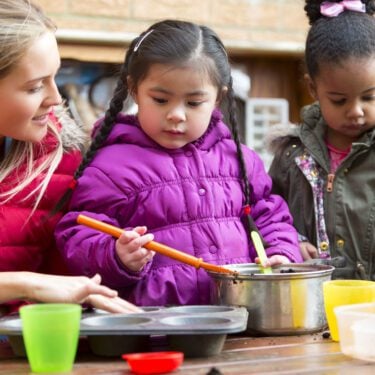Decision-makers are failing to harness young people’s potential to help shape pandemic responses, according to a new international study which reveals the impact of the virus’ first wave on 14-to-18-year-olds from seven countries, including the UK, from the perspectives of young people.
The study is the initial report from the 18-month Growing up Under COVID-19 project, funded by the Nuffield Foundation and delivered by independent research institute Ecorys and the University of Huddersfield. The project explores how young people experience the crisis and outlines how to promote their rights and well-being during and after the pandemic.
As well as arguing that their experiences could drive more inclusive, democratic COVID-19 approaches, the report shows their rights have been marginalised through lack of access to quality education, healthcare, and other services.
The report says that political, public and media discourses feature young people as ‘victims’ of educational upheaval or rule-breaking ‘villains’. Yet this population is overlooked in decisions about how the pandemic is handled.
The research involved 70 young people from the four UK nations and Italy, Singapore and Lebanon. The diverse participants, who contributed to the study between July and September 2020, included BAME, LGBTQ+ young people and teenagers with experience of care or mental health issues. They were not simply research subjects but active “experts by experience” mentored by the project team to produce research and commentary on the crisis.
Key findings
- Frustration at a lack of involvement in politics, in strategies decided by local schools or services and disappointment that participatory processes such as youth councils or surveys fail to impact on a national level.
- The polarising impact of COVID-19 including some teenagers experiencing moments of self-reflection and resilience and others struggling with a lack of support services.
- Dismay at media for dismissing younger people as irresponsible in contrast to examples of individuals embracing volunteering or greater family responsibility.
- The need for a holistic strategy for managing global public health emergencies.
While there were differences between the countries, which included Italy, Lebanon and Singapore as well as the four UK nations, the young people shared a common frustration about negative stereotyping during COVID-19. One participant said:
“I think there’s been a lot of this about, ‘oh young people feel like they’re invincible so they’re not socially distancing’… and I think it’s quite a generalisation from unfair stereotypes about young people.”Anonymous participant
There were significant concerns about how politicians ignored younger people, and how there were too few opportunities to have their say. This included the fact participants had to be over the age of 18 to ask a question in the televised COVID-19 briefings. One participant commented:
“We were saying, ‘Well, young people have questions, too’; why can’t we? There’s been no address to us, we can’t ask questions. Where are we at all in this pandemic?”Anonymous participant
Today’s report suggests government and public authorities must improve young people’s representation on participatory platforms and review access to support. Schools, youth organisations and service providers should review forums for engaging young people in decision-making. As for media, it must balance the portrayal of young people during the pandemic, from involving them in reporting roles to covering their personal stories.
Laurie Day, principal investigator for the project said:
“The report asks difficult questions about why young people’s voices have been so absent from decision-making during the pandemic. Far from being naïve, young people spoke lucidly about their experiences of family life, friendships, access to education and healthcare. They held strong views about political and public responses to the crisis, and about what actions are needed, supported by their own research. Listening to young people is a starting point. But more than this, the report concludes that there is a need for action, results, and accountability. To overlook young people as partners in the recovery from the COVID-19 crisis would be a failure of imagination by the political leaders who are elected to represent them.”
Ash Patel, Justice Programme Head at the Nuffield Foundation said:
“Young people have been profoundly affected by the Covid-19 pandemic, but their voices have been largely excluded from the policy discussions that concern them the most. This has left many young people feeling marginalised and disenfranchised from the political process, and lacking agency over their own lives. As this research shows, young people across the world have a good awareness of the societal implications of the pandemic and have demonstrated their resilience during the crisis. We welcome the study’s call for more constructive dialogue between policy makers and young people as the coronavirus crisis continues.”






















































